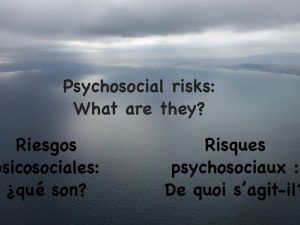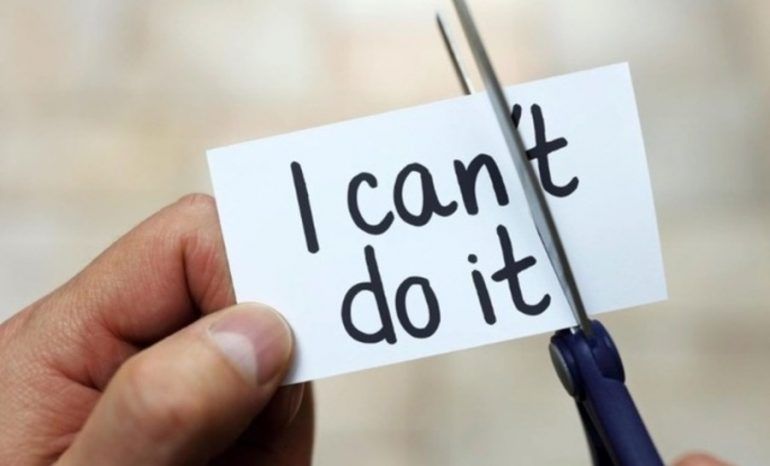
This article offers tips on how to prepare yourself to success building your self-confidence. One experience tested my self-confidence beyond usual: in fact, it was the most challenging audit of my career. Here is what happened and how I pulled it together to finish the job despite the circumstances.
What happened?
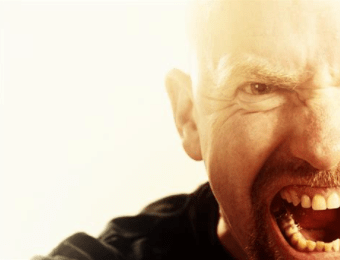
The audit was requested by the defense department of a European country and I was assigned to spend three days auditing a factory. A woman led me to the conference room where four men were waiting for me: they were sitting on one side of the conference table and I was invited to face them.
Before I could introduce myself, the general manager opened the meeting in a rather aggressive manner. He criticized the audit without knowing its organization nor its content and stated that his collaboration would be minimal. The three managers spoke following a similar aggressive pattern, as they introduced themselves as department heads.
My behavior was to remain calm and listen to their speeches while taking notes and analyzing my options. The context shook my self-confidence because the anger of the four men was directed at me.
When it was my turn to speak, I took a deep breath and explained the audit process and its objectives. This unpleasant meeting went on for a while and I was there for two of the three days initially planned. The management behavior shook my self-confidence and I had to get over it fast.
So, what happened next?
What happened is described in chapter eighteen of my book Journal of a social auditor.
In short, I pulled it together despite poor communication and management restrictions while onsite. I used different techniques and social skills to prevent conflict.
One skill I used was self-confidence: it helped me stand strong throughout the audit.

How important are social skills
The unpredictability of our daily life forces us to continuously adjust our behavior to prevent escalation. This is done through social skills. Also called soft skills, they allow a person to go through the day without anxiety because the right tools are available on demand.

Les Picker confirms that social skills have become a valuable asset in the labor force. There is a large part of the working interactions that cannot be automated and that’s when skills are needed. Social skills allow team building where people adjust to others towards a common goal. Managers value social skills in their hiring process. in his article David Deming states that “workers with greater social skills are more likely to work in social skill-intensive and less-routine occupations and earn a relatively higher wages”.
The origin, development, and importance of psychosocial skills are described in my blog:
https://imago-int.eu/imagoblog-webinars
Over the years, I learned to use calmness when facing situations like the one described before. Aristotle made this statement 2,500 years ago and it stands today.
The best reaction to anger is calmness: “Anyone can become angry; that is easy. But to be angry with the right person, to the right degree, at the right time, for the right purpose, and in the right way, this is not easy”1.

1 Aristotle. Nicomachean Ethics. 340 BC.
What is self-confidence?
Remember Charles Ebbets who immortalized New-York workers perched on skyscrapers? His self-confidence pushed him to take iconic photographs, an attitude combining skills and abilities. Here he is smoking a cigarette on one edge of Rockefeller Center construction (1932).
Being self-confident “means you accept and trust yourself with a sense of control over your life. You know your strengths and weaknesses well and have a positive view of yourself”.

This statement from the University of South Florida also argues that low self-confidence is a perception that can be modified through practice and self-analysis.
How to increase self-confidence?
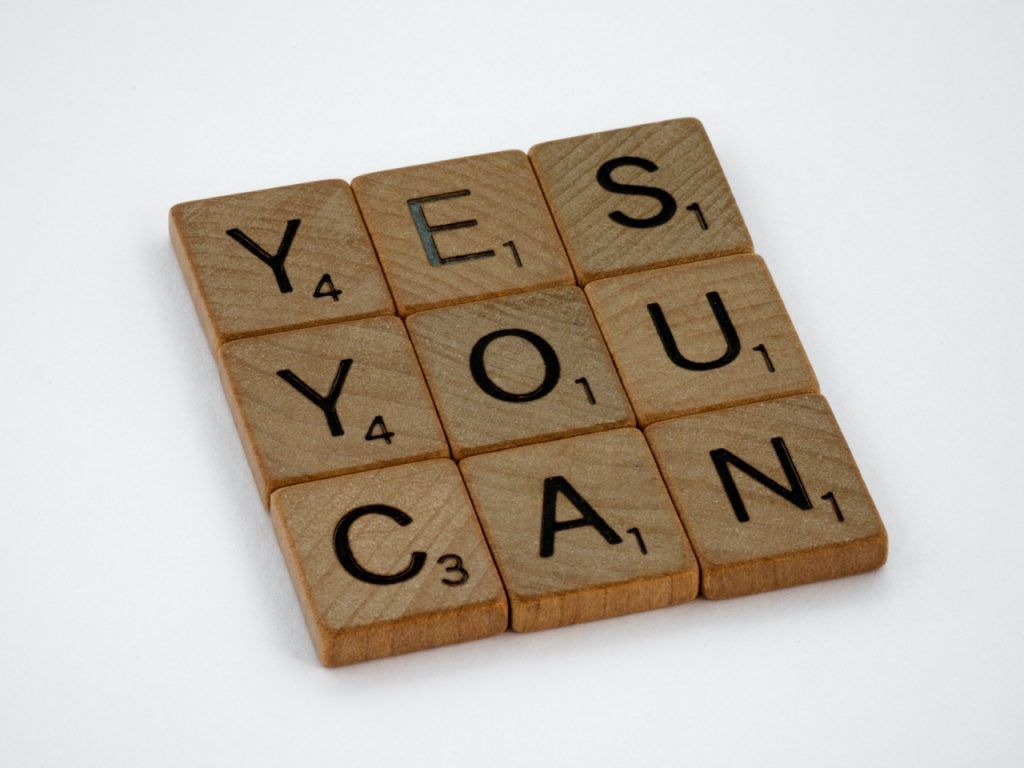
Learn to believe in yourself to accomplish any task, no matter the context.
Here are two techniques to increase self-confidence:
1. The first technique is analytical:
– Observe your strengths and weaknesses,
– Move forward without spending too much time on failure,
– Set realistic goals,
– Slow down when emotions take over,
– Learn to say no when the task is unrealistic.
2. The second technique is based on Dr. Ivan Joseph’s theory of repetition. He calls self- confidence a skill because it can be trained by repetition, repetition, repetition:
– Train yourself to become confident by practicing what you want to excel in,
– DON’T GIVE UP!
Remember: the author of Harry Potter sent the manuscript to 13 publishers before it was accepted.

The self-talk that plays in every person’s head is usually negative and needs to stop! This behavior can be modified by constructive thoughts which then influence actions: no need to think negatively.
Follow the leader who is able to say: “I am the captain of my ship and the master of my fate”.
When he was feeling good, Dr. Joseph wrote a letter to himself about his accomplishments: he read it when the negative self-talk appeared in his head, building his self-confidence back instead of feeling down.
No one will believe in you unless you do.
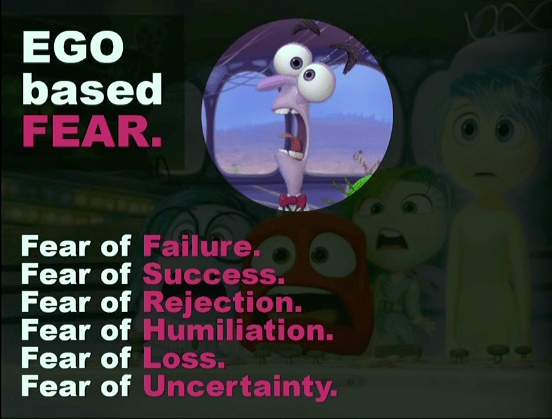
Don’t become over-confident

Some personalities trust themselves beyond what is right. Here is an example of such personality.
A gentleman is changing a lightbulb standing on the edge of an unstable structure. He is taking incredible risks when there is a ladder behind him. You may want to stay away from this category…
Thank you for reading: I hope this article helps!
You can help us prioritize topics by sending a weakness you wish to address at info@imago-int.eu.
About Oliver
Related Articles
0 Comments
Leave a reply Click here to cancel the reply
You must be logged in to post a comment.





